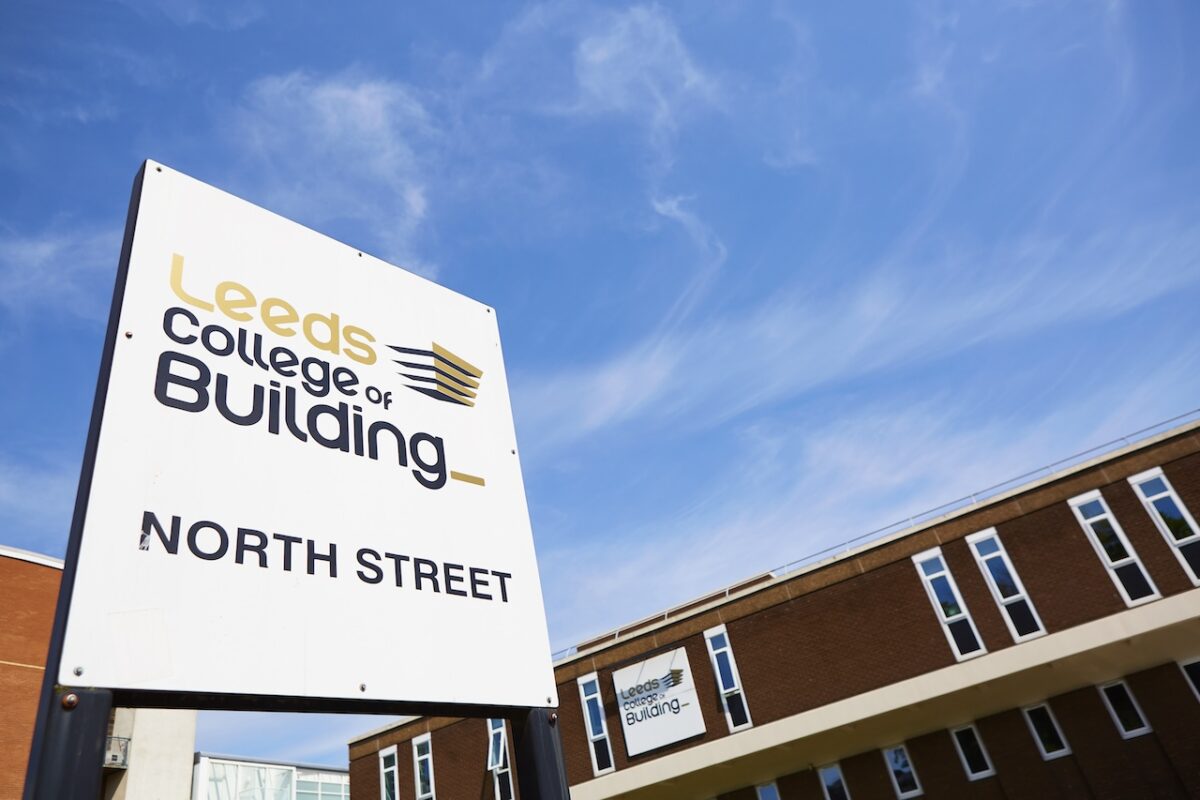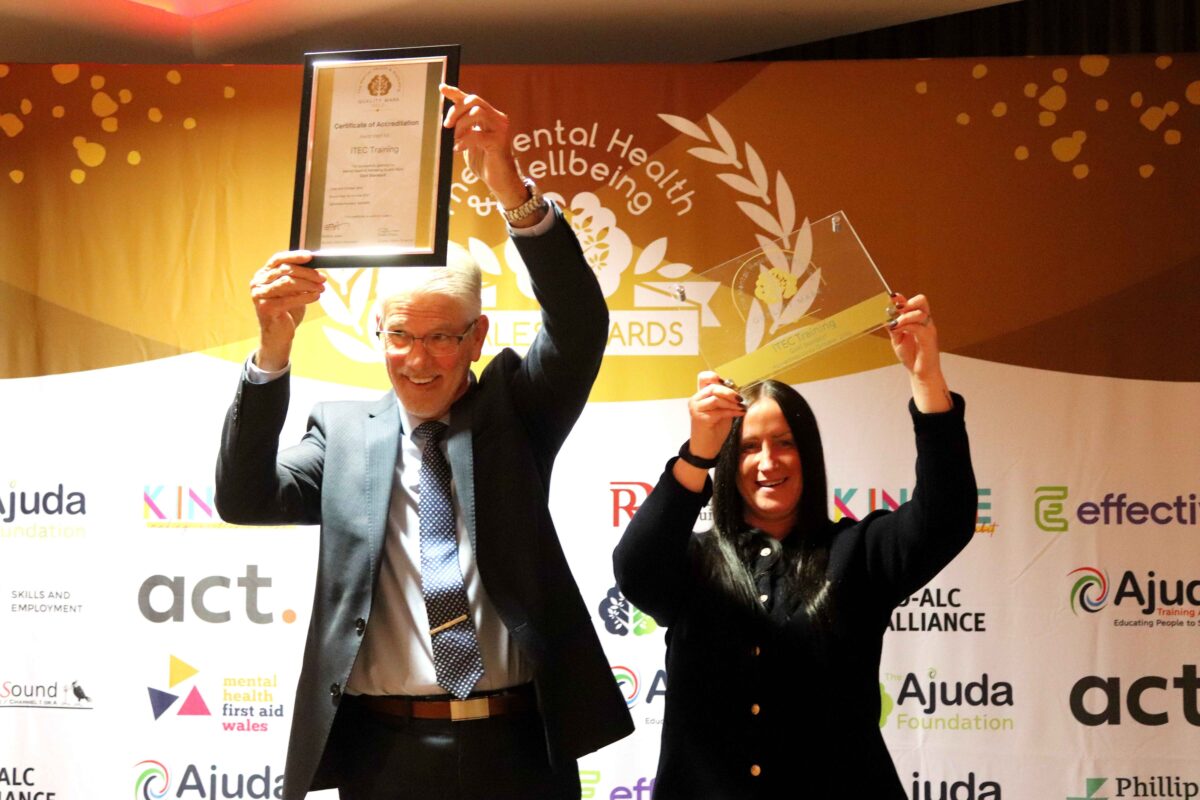77% of student loan swallowed up by the cost of uni accommodation

Student Halls are “expensive and getting more expensive” with rent rises of over 60% in a decade
The average annual cost for student accommodation in the UK now stands at £7,374 but in London it is £10,857, according to new figures published today by student housing charity Unipol and the National Union for Students (NUS). Rents normally include utilities and internet provision.
The survey fieldwork [carried out by MEL Research] involved 141 returns: 79 from institutions and 62 from private and charitable providers and accounts for 473,684 bed spaces representing 68 per cent of the purpose-built student accommodation sector.
On the basis of the average maintenance loan in 2020/21 as reported by the Commons Library being £6,900, the average purpose-built student accommodation takes up almost all the average loan. Even if students received the full student maintenance loan, rent would consume 88% of it in London, leaving students just £38 per week to spend on anything else. Outside of London accommodation costs account for 72% of the maximum loan, leaving students with £69.52 to spend on other living costs.
Student rents have risen by 16% since the last survey in 2018/19 and 61% since 2011/12. Last year, rents increased by 4.4%.
Martin Blakey, Chief Executive at Unipol commented: “Student halls are expensive and getting more expensive. The student maintenance system is broken and unless students can access help from parents or part-time work, many would find it difficult to pay these rent levels. If access to higher education is to be maintained and enhanced, then poorer students need affordable accommodation to enable them to study at a University of their choice or accommodation providers need to provide help through targeted accommodation bursaries.”
Private providers increasingly dominate the halls market, so that they now account for over three quarters of rooms in the purpose-built sector. Student Halls used to be associated with University owned accommodation – not any more as many institutions have chosen to leave future housing provision to the private sector.
Standards are high but so are rents and as older stock with cheaper rents get replaced with ensuite and studio rooms, the availability of lower cost accommodation is reducing.
The Report Recommends
Increasing sector unity:
- Universities must employ specialist staff to make meaningful links with private providers letting rooms to students even where they are not providing accommodation of their own.
- Universities must to reach out more to their private providers, beyond working relationships where specific supply agreements are in place. They should acknowledge that the private sector is housing their students and that they have a duty of care for student welfare, irrespective of where a student lives
- Universities need to ensure proper levels of student support and must agree parameters where that support falls outside of the private sector’s capabilities and is dealt with by the student’s respective university.
- As the ownership and operation of most of the UK’s PBSA lies with the private sector, they need to take a greater role in areas more traditionally associated with university support, including greater social provision, mental health awareness and services for those with disabilities.
- Contracts between universities between private sector and universities should include disability, accessibility and inclusion standards.
Addressing affordability:
- All providers must consider offering accommodation bursaries to students from disadvantaged backgrounds.
- Providers must maintain and extend the choice of different rooms at different price points, particularly as a greater percentage of students continue to live in halls rather than in cheaper smaller houses in the community.
- More information must be made available on student finance and accommodation choices (via web-services and at Open Days) to prospective students and their parents so these costs do not come as a surprise and financial planning can take place.
Hillary Gyebi-Ababio, Vice President for Higher Education at the NUS, commented:
“The affordability of student accommodation affects students’ educational experience, and also has a major impact on access and widening participation. With accommodation costs increasing by 61% in the last decade, they now take up almost three quarters of the maximum loan available to students and are considerably more expensive than the average loan. We are past the point where students are even close to affording this.
“It’s disgraceful that so many young people are priced out, either deterred or unable to apply to university, or have their options severely limited by where they can afford to live. If the Government and the sector are remotely serious about levelling up, they must urgently rethink how much students are being expected to pay for accommodation. Maintenance grants must be re-introduced and universities and the housing sector must go beyond ensuring affordability meets the threshold set out in the Poverty Commission research we conducted a few years ago.”
Martin Blakey continues:
“The survey highlights the fundamental shifts in the market with the private sector taking on many responsibilities of universities. There is much more work to be done to ensure universities and private sector work together to overcome the emerging challenges. Build costs and construction inflation are not going away, but there is a need for new development. In order that all students can access accommodation, the sector now needs to consider targeting financial support at students who need it, to maintain accessibility and affordability.”











Responses